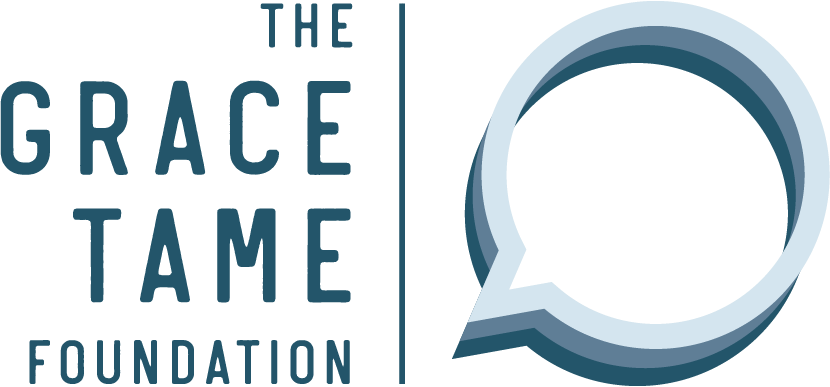New UNSW Study
Identifying and understanding child sexual offending behaviour and attitudes among Australian men is the largest study of its kind ever undertaken globally. It measures the prevalence of risk behaviours and attitudes regarding child sexual offending among a representative sample of 1,945 Australian men aged 18 to over 65.
Conducted by UNSW in partnership with Jesuit Social Services, the study reveals that, on average, one in five Australian men has sexual feelings towards children and/or has sexually offended against children. One third of those who have sexual feelings towards children are motivated to access help.
The report provides a new approach for measuring and tracking this issue and includes information that can bolster the service responses and attitudinal changes that help keep children safe from harm.
For decades, adult survivors and sexually abused children have been contributing to inquiries and surveys, painstakingly retelling and reliving our traumatic experiences, which by and large reveal otherwise undetected child sex offenders to be premeditated, deceptive, manipulative, highly skilled, well-connected and prolific.
In April, Australia’s first ever childhood maltreatment study revealed that 28.5% of the population reported experiencing sexual abuse before age 18.
78% reported experiencing more than one incident. 42% reported experiencing more than six.
Even with the weight of research, reports, material evidence, and convictions, our voices of truth have had to contend with coordinated, amplified denialism from the offender base that is sadly often echoed by the community and media who have been groomed into permissive forgiveness.
It is to our national shame that it is easier to offend against children and still be considered an upstanding citizen, than it is to prove your credibility as survivor of child sexual abuse.
There is a measly 0.3% conviction rate for offenders who sexually harm children.
Media reports of cases are often laden with uncritical regurgitations of their alleged good character, perpetuating a myth of false balance and the fallacy that the lifelong impacts of child sexual abuse are able to be mitigated or justified.
The louder survivors get, the harder child sex offenders resist. They are often 10 steps ahead of the community.
On the one hand, their crimes are outrageous, inexcusable, intolerable. On the other, they are enabled because we are intimidated, ignorant, insufficiently active or else totally inert.
Offenders are not only able to operate in plain sight because they actively conceal their behaviour, but because child sexual abuse is so common and accessible, and we have been acculturated to tolerate it.
Offenders cultivate respectable personas, network with other perpetrators, and ingratiate themselves with powerful institutions. They seek to infiltrate and manipulate the dialogue in many domains: the physical, digital, mental, and social conscience. The bigger the reach, the greater their power and the harder they are to track.
They often deliberately pick careers that give them access to children, and are experts at feigning care and remorse.
We need to recognise all of these factors as integral to the typical grooming and offending synthesis. Offenders groom all of us, not just their victims, to create an ecosystem of normalised violence.
Grooming and offending against children is inherently distorted. It requires the intent, will, ability and knowledge of how to harm a child. It requires secrecy and subversion.
We are aware of the prevalence of both victimisation and now perpetration. Our current safeguarding mechanisms are clearly failing our children. Our response-heavy, reactive approach to child protection continues to fail society as a whole. So does our culture.
Such a huge burden sits with children and adult survivors to report the undetected majority of offenders. As the study revealed, these offenders lead relatively comfortable lives. They are not on the fringes of society. They are living and working among us.
Eradicating child sexual abuse is therefore a civic responsibility that necessitates as suite of solutions. Disclosure may help heal and educate, but it doesn’t change the past. Survivors alone should not be expected to provide answers. And children should not be responsible for their own safety. They are dependents. Children need to rely on adults to model behaviour and provide basic needs because they are still developing socially, physically and neurologically.
Our best hope for creating a better future is to invest in the education, protection and healing of children, communities and families. Children are our future.
There is a fundamental community-wide failure to accept and understand just how serious the problem is. The general public is not equipped with either the knowledge or resources to prevent child grooming and exploitation.
What we need is prevention education, including training for students, teachers, judges, law enforcement, and the public and private sectors on grooming and offending behaviours.
We need ample funding for existing intervention and support services to lift them beyond crisis point, and to enable further pivotal research of this kind.
We need proactive mechanisms that disempower, deter and disallow perpetrators to exploit loopholes in systems that facilitate offending. We need to arm law enforcement agencies and other services with the power and means to better detect offenders.
We need to stop crime before it starts.
